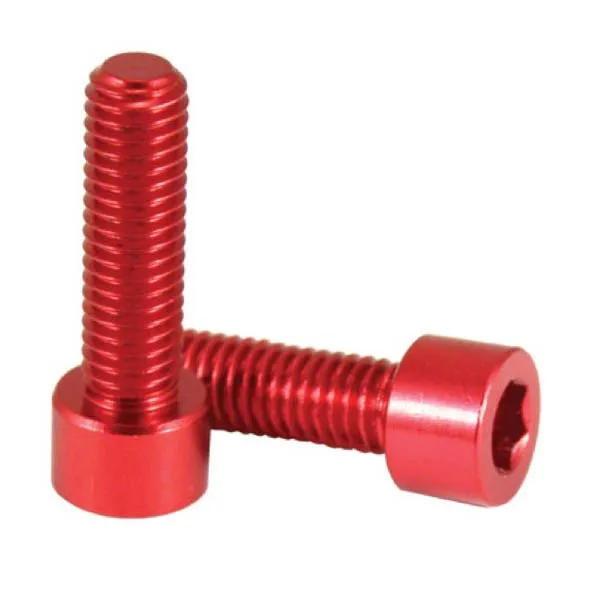When it comes to designing custom machine fasteners, material selection is a critical factor that can significantly impact the performance, reliability, and safety of the fastener. The choice of material can determine the strength, durability, and corrosion resistance of the fastener, making it essential to select the right material for the specific application. In this article, we will explore the importance of material selection in custom machine fastener design and discuss the factors to consider when selecting a material.
The Role of Material Properties in Custom Machine Fastener Design
The properties of the material selected for a custom machine fastener can significantly impact its performance and reliability. For example, the material’s tensile strength, yield strength, and elongation can determine its ability to withstand stress and strain. The material’s corrosion resistance can also impact its performance, particularly in applications where the fastener is exposed to harsh environments. Additionally, the material’s thermal properties, such as its coefficient of thermal expansion, can impact its performance in high-temperature applications.
Common Materials Used in Custom Machine Fasteners
There are several common materials used in custom machine fasteners, each with its own unique properties and characteristics. These include metals, such as stainless steel, titanium, and aluminum, as well as advanced polymers and composites. Stainless steel is a popular choice for custom machine fasteners due to its high strength, corrosion resistance, and durability. Titanium is also commonly used in high-performance applications, such as aerospace and defense, due to its high strength-to-weight ratio and corrosion resistance. Aluminum is often used in applications where weight is a concern, such as in the automotive and aerospace industries.
Factors to Consider in Material Selection
When selecting a material for a custom machine fasteners, there are several factors to consider. These include the operating conditions of the application, such as temperature, pressure, and vibration, as well as the required strength, durability, and corrosion resistance of the fastener. Additionally, the material’s compatibility with other components, such as the host material and any coatings or platings, must also be considered. The cost and availability of the material are also important factors to consider, as they can impact the overall cost and lead time of the fastener.
The Impact of Material Selection on Fastener Performance
The selection of the right material for a custom machine fastener can significantly impact its performance and reliability. A material that is not suitable for the application can lead to premature failure, reduced performance, and increased maintenance costs. On the other hand, a material that is well-suited to the application can provide reliable and consistent performance, reducing downtime and maintenance costs. Additionally, the right material can also improve the safety of the application, by reducing the risk of failure and accidents.
Best Practices for Material Selection in Custom Machine Fastener Design
To ensure that the right material is selected for a custom machine fastener, there are several best practices to follow. These include carefully evaluating the operating conditions of the application, considering the required strength, durability, and corrosion resistance of the fastener, and selecting a material that is compatible with other components. Additionally, it is also important to consult with material experts and conduct thorough testing and evaluation to ensure that the selected material meets the required specifications.
Case Studies and Examples
There are several examples of how material selection has impacted the performance and reliability of custom machine fasteners. For instance, in the aerospace industry, the use of titanium fasteners has improved the strength-to-weight ratio of aircraft, while also reducing corrosion and improving safety. In the automotive industry, the use of stainless steel fasteners has improved the durability and corrosion resistance of vehicles, while also reducing maintenance costs.
Conclusion
In conclusion, material selection is a critical factor in custom machine fastener design, and selecting the right material can significantly impact the performance, reliability, and safety of the fastener. By considering the factors discussed in this article and following best practices for material selection, designers and engineers can ensure that their custom machine fasteners meet the required specifications and provide reliable and consistent performance. Whether it’s in the aerospace, automotive, energy, or construction industry, the importance of material selection in custom machine fastener design cannot be overstated.
